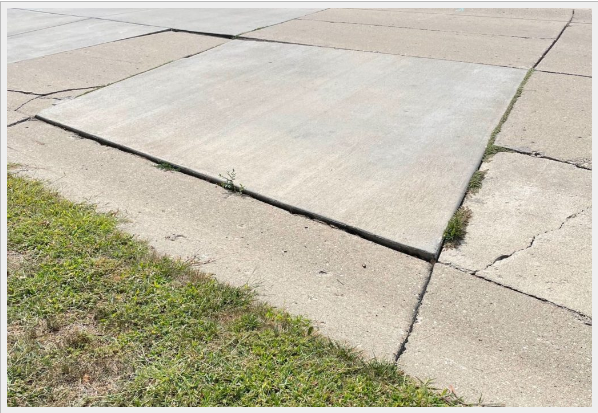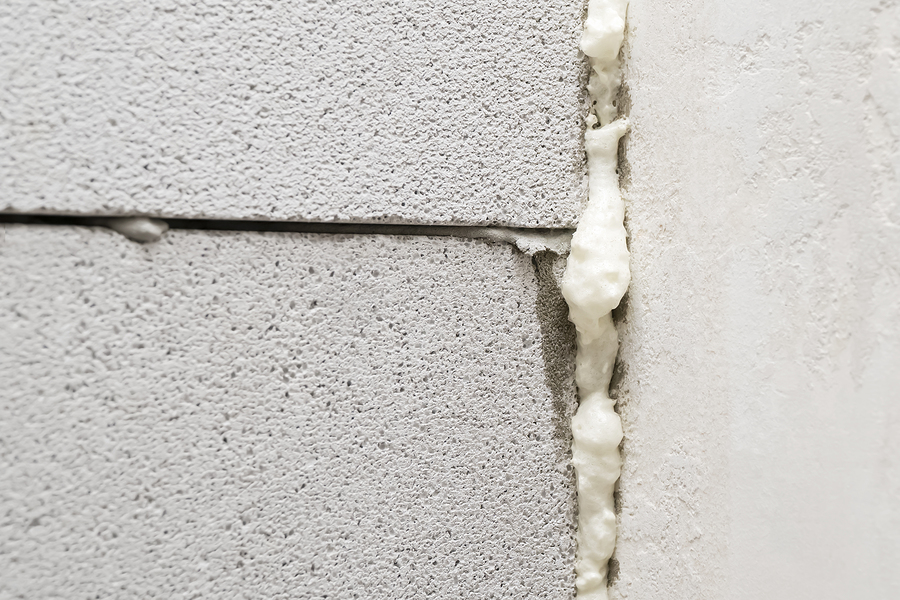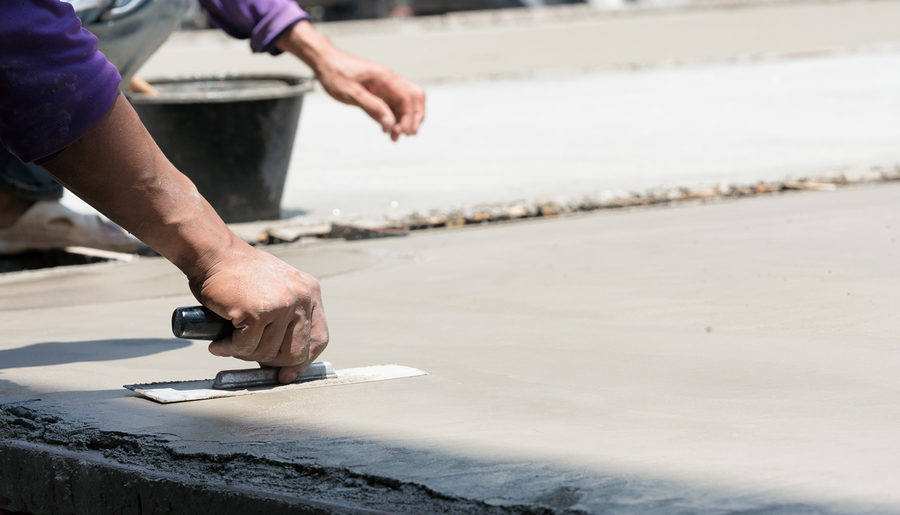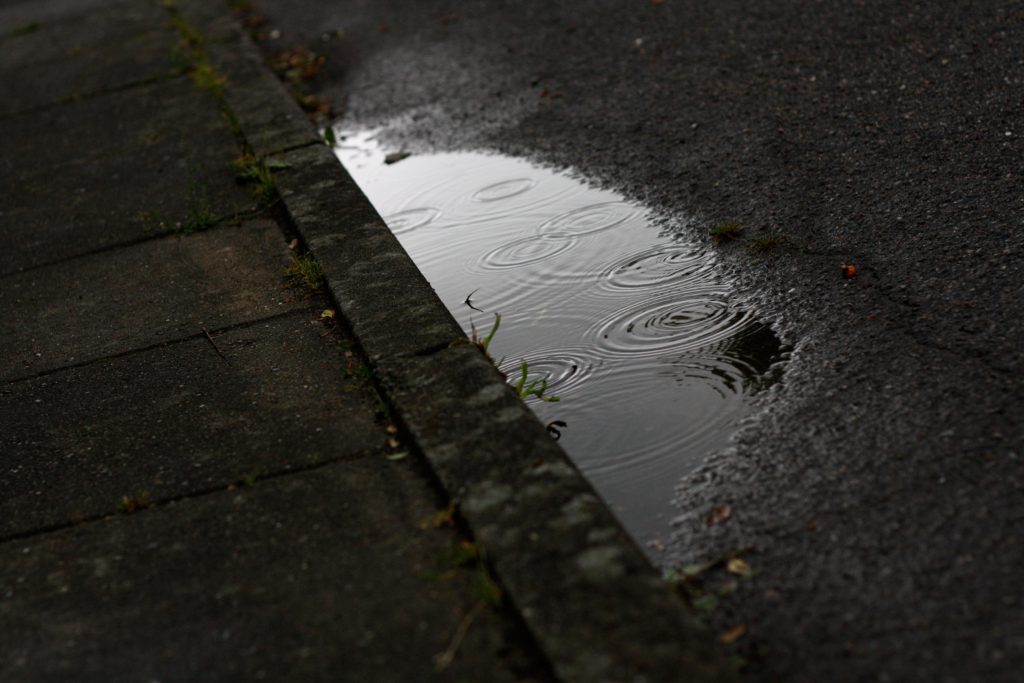To call a pavement repair company or not to call; that is the questions many commercial property owners find themselves asking when confronted with pavement damages. Which repairs can wait a while, and which pavement damages are emergencies that require immediate attention?
Continue reading to review some of the most common types of commercial pavement emergencies and how to resolve them all. This way, you will know if you need to book commercial paving service sooner than later.

Commercial Pavement Repairs That Need Attention ASAP
Dangerous Potholes
It is important to understand that not all potholes are considered pavement emergencies. But sometimes, potholes can suddenly appear overnight and present dangerous or hazardous conditions for anyone passing through your premises. Dangerous potholes are those that obstruct common or singular traffic routes, pathways, or stairwells.
Additional types of pothole emergencies would be potholes at the base of curbs or surrounding sewers and catch basins. These potholes can cause serious accidents, but mostly they can trigger ongoing pavement deterioration, thus leading to invasive and costly repairs down the line.
Concrete Heaving
Concrete heaving is a common type of pavement damage that can appear overnight, especially in the springtime after the frozen ground thaws. Such freeze thaw cycles can cause both asphalt and concrete to heave above the surface as much as 2 inches in his little as 24 hours.
Concrete heaving is considered a pavement emergency because a can pose several safety issues for drivers and pedestrians alike. As a proprietor, you can avoid this liability and save yourself a large amount of money by having heaved pavement repaired as soon as possible.
Damaged Catch Basin Curb Inlets
Although more common in the wintertime when snow and ice removal are underway, damaged catch basin curb inlets are another common type of pavement damage. From parking lots to busy streets, catch basin curb inlets are important structures that play a large role in road and driving safety. For this reason, such damages are considered a pavement repair emergency and should be resolves as soon as they happen. Fortunately, they are a quick repair that can often be completed in as little as one day.
Collapsed Catch Basins
In addition to experiencing damage from snow removal trucks and steer skids in the winter, catch basins are also prone to collapsing suddenly. If a catch basin collapses on your commercial premises, it is an emergency. Like catch basin damage, a collapsed catch basin can usually be resolved in one day’s work. This type of pavement damage occurs as a result of water permeation and annual freeze thaw cycles, which can all be abated with routine concrete and asphalt sealing.
How to Prevent Common Pavement Damage
The most effective approach for preventing pavement damage or reducing the rate of natural wear and tear is routine concrete and asphalt maintenance. Talk to a local and trusted Indianapolis IN commercial paving company to learn the best strategies and pavement maintenance program for your property.
Do you have a pavement repair emergency as a Central Indiana business owner or manager? Contact ACI Asphalt and Concrete at 317-549-1833 for commercial concrete and asphalt paving services in Indianapolis, Indiana.
You Should Also Read:
3 Reasons Why it is Important to Understand Asphalt Sealcoating
How to Take Care of Your Company Parking Lot
Can I Cover Concrete With Asphalt?




